Alison Grant joined the LSFT team with 15 years as a Family Consumer Science teacher at Willoughby South High School. As a teacher, Alison has advised groups including Student Council, Teen Institute and Class Officers. Alison has coached dance, cheer, and tennis and in 2011 was named Adele Knight Teacher of the Year. In recent years, she has been part of an initiative to develop a mentoring program that assists freshmen in the transition from middle school to high school. Alison earned her Academic Life Coach certificate in 2017 which allowed her to help students realized they can be successful inside and outside the classroom. Her favorite part of coaching is watching a student have a moment when everything clicks and their hard work has paid off!
Alison earned her bachelor’s degree in vocational education from Kent State University in 2003 and her master’s degree in educational administration from Ursuline College as well as a masters in school counseling from John Carroll University. Alison lives in Willoughby, OH with her husband and two daughters Maggie and Gwyneth. When she is not spending time with her family, Alison enjoys crafting and taking snapshots of her family’s adventures!
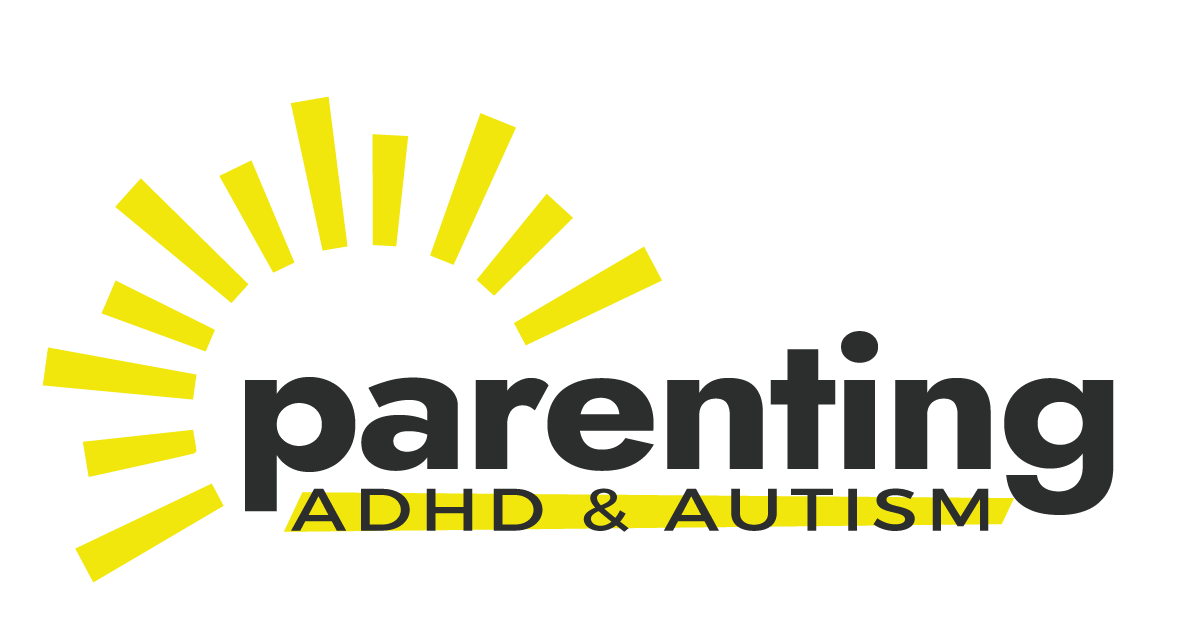


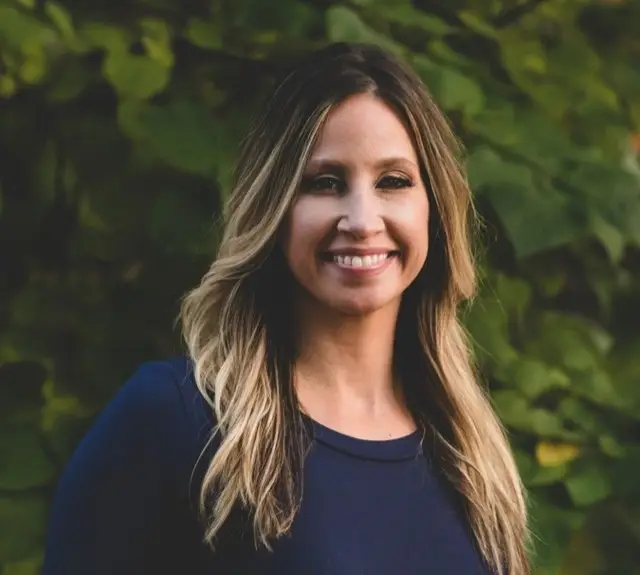
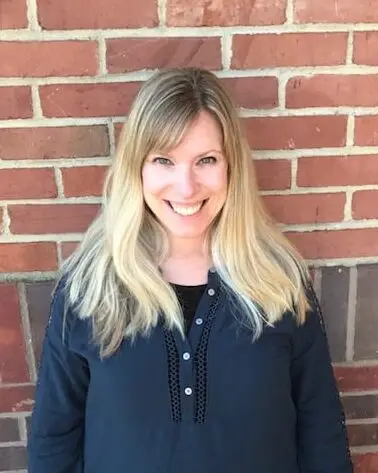


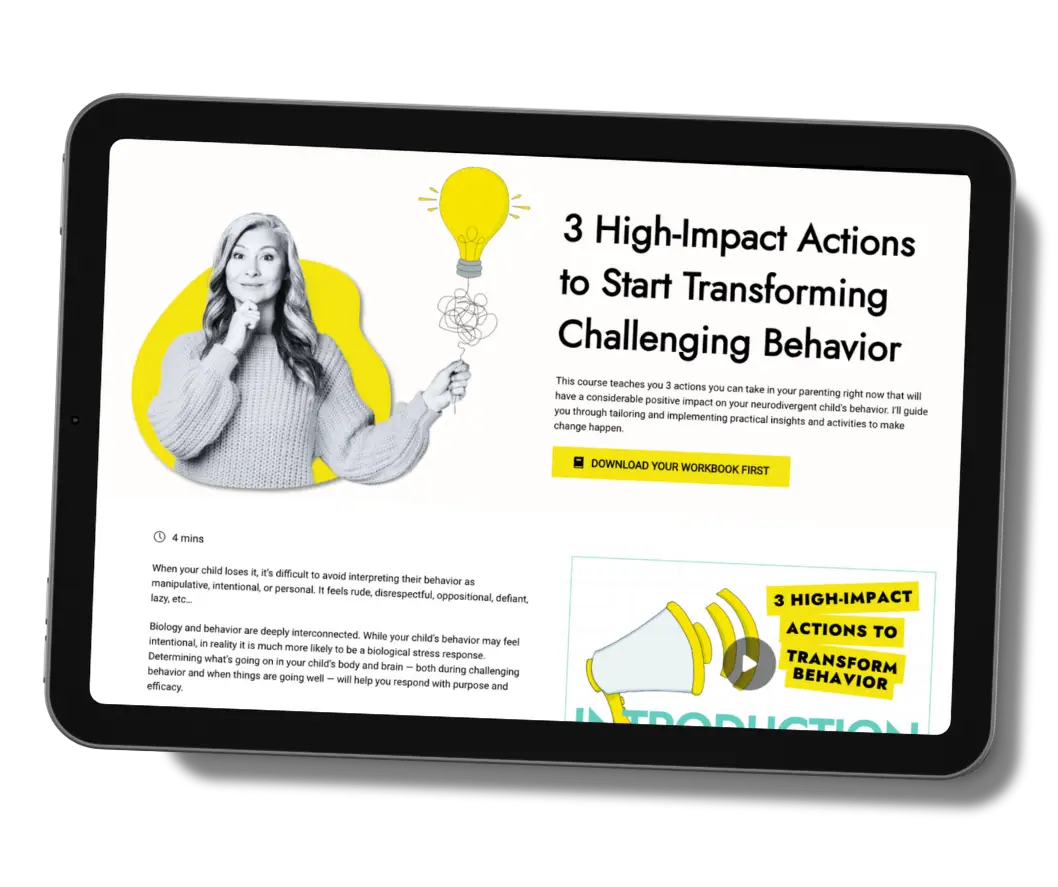

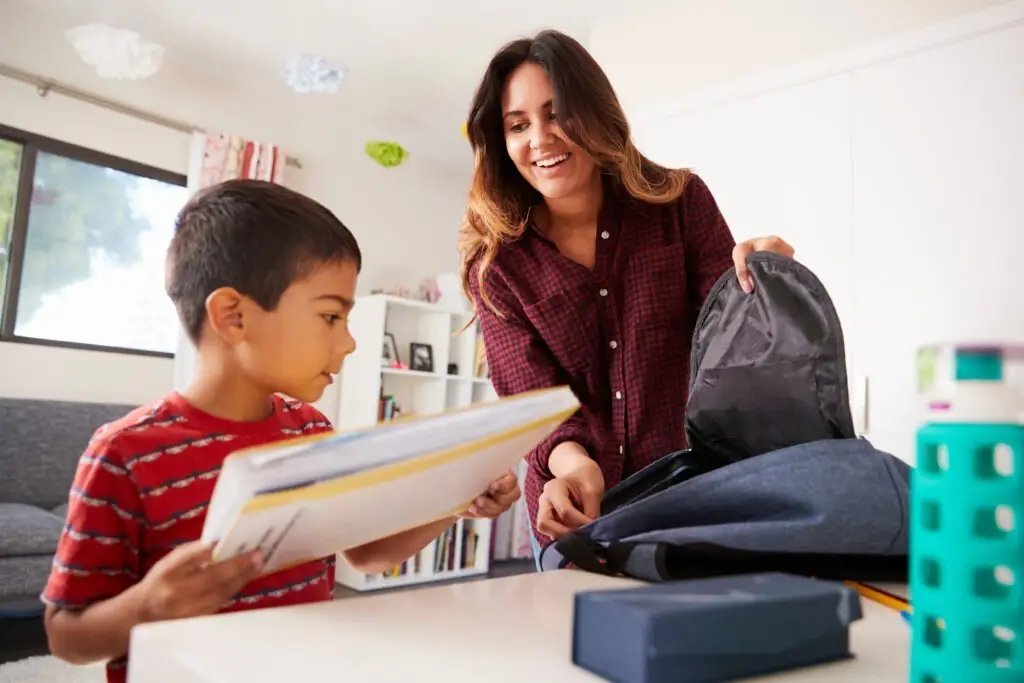
This is a great training for teens!